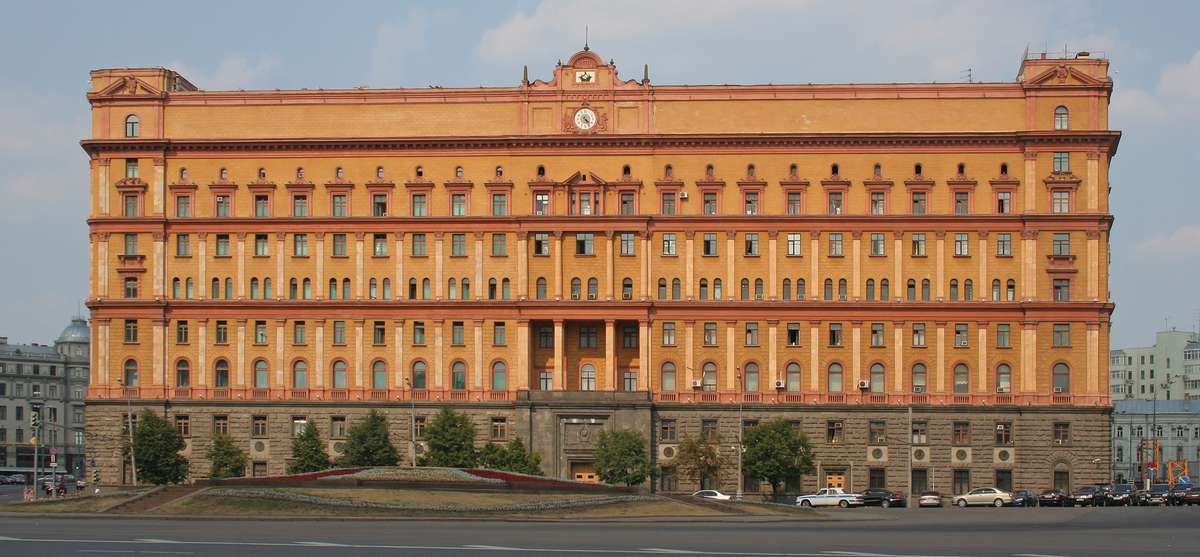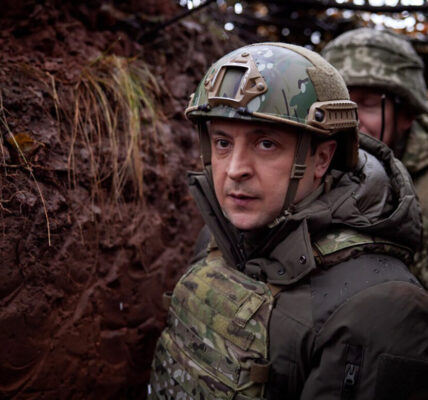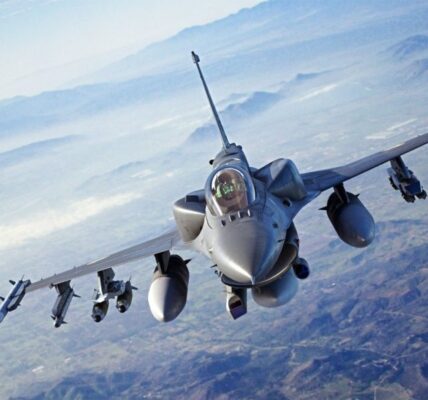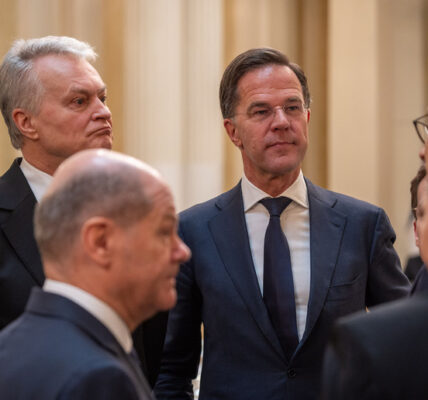
The number of Russian spies in the UK is higher than at any time since the end of the Cold War, a senior police commander has revealed.
Many of the Russian spies operating in the UK are believed to be part of a wide network of sleeper agents and foreign proxies hired by the Kremlin to conduct intelligence gathering operations in the West.
Western officials have accused Russia and its proxies of staging dozens of attacks and other incidents across Europe since the invasion of Ukraine three years ago.
The intelligence officials allege the disruption campaign is an extension of Russian President Vladimir Putin’s war, intended to sow division in European societies and undermine support for Ukraine.
In the last 14 months, up to 59 incidents have been documented in which European governments, prosecutors, intelligence services or other Western officials blamed Russia, groups linked to Russia or its ally Belarus for cyberattacks, spreading propaganda, plotting killings or committing acts of vandalism, arson, sabotage or espionage.
Now one of the UK’s most senior counter-terrorist police commanders has warned that state-backed espionage in Britain is at its worst since the Cold War, with a surge in Russian-backed threats, including a recent conviction of a spy cell. He also revealed that 20 per cent of counter-terror policing is now dedicated to such threats.
Scotland Yard commander Dominic Murphy said counter-terrorism policing was now facing its greatest challenge for more than 30 years.
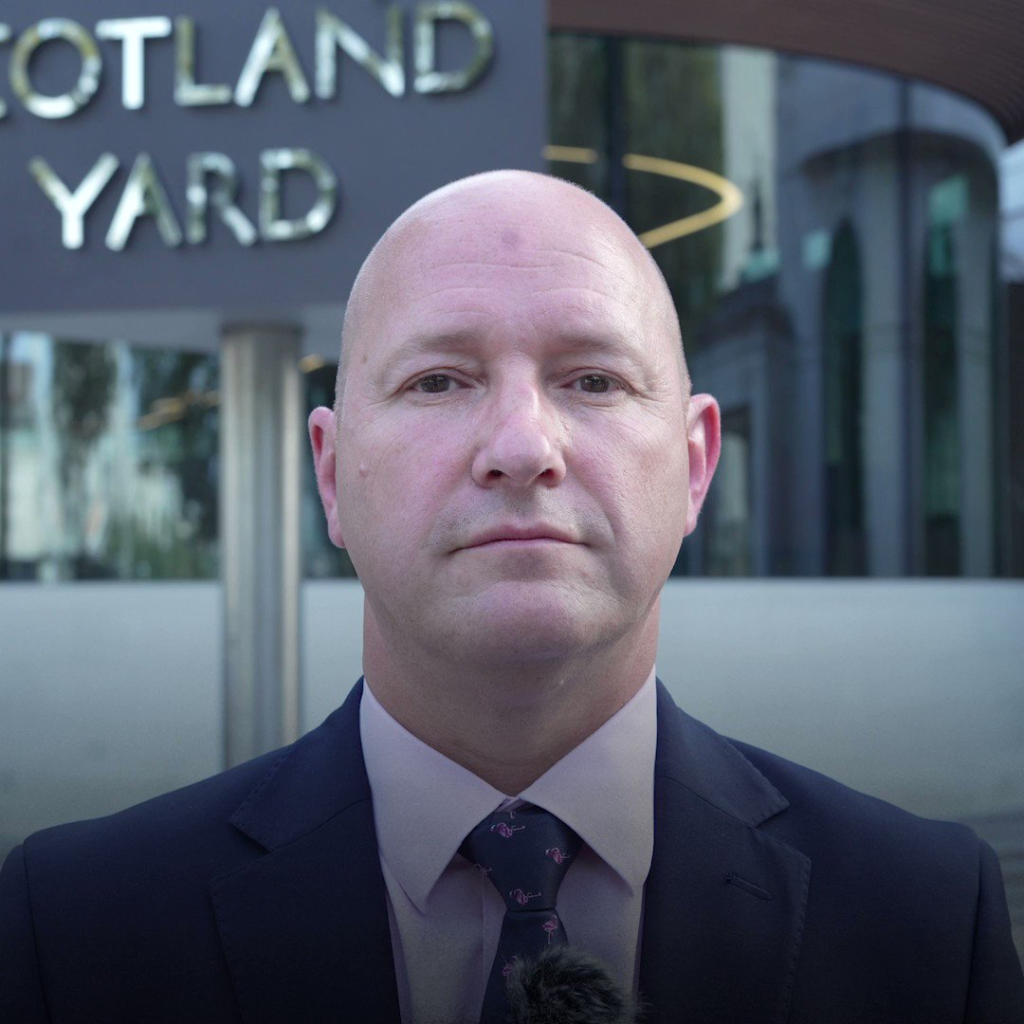
He said: “The Russian state using proxies hired or tasked to conduct espionage activity in the United Kingdom, something that we’re probably not used to as a challenge for us since the Cold War, but really is now a very real challenge for everything we do.”
Counter-terror policing has had to adapt to the threats posed by national security espionage from Russia and other hostile states, the Scotland Yard commander added.
“We’ve disrupted lethal threat plots in the United Kingdom by the Iranian state as well over the last couple of years,” he told The Crime Desk podcast.
“And so we continue to see investigations into a broad range of challenges here. But in this case, clearly, Russia was tasking this group of individuals, largely from Bulgaria, to conduct this activity here.”
Six Bulgarians currently face lengthy prison sentences after sending secrets to the Kremlin’s intelligence services for almost three years, tailing opponents of the state and spying on a US airbase.

Beautician Vanya Gaberova, 30, decorator Tihomir Ivanchev, 39, and lab technician Katrin Ivanova, 33, were found guilty of conspiring to spy for Russia after a three-month trial at the Old Bailey.
Their handler, Orlin Roussev, 46, Biser Dzhambazov, 43, and Ivan Stoyanov, 32, had already pleaded guilty to the charges under the Official Secrets Act.
Their well-financed activities spanned London, Vienna, Valencia, Montenegro and Stuttgart, with the two women intended to be used in a series of ‘honeytrap’ plots.
At least £200,000 was sent by the group’s Moscow-based handler, fugitive businessman Jan Marsalek, to finance the operations, which were planned over 80,000 messages exchanged with Roussev over Telegram.
An ‘Aladdin’s Cave’ of sophisticated technology including rocks containing hidden cameras, a £120,000 device for intercepting mobile phone numbers, 11 drones, 221 mobile phones and 75 fake passports was found at Roussev’s guesthouse.
The Bulgarian referred to himself as ‘Q Branch’ after James Bond’s famous quartermaster, and built many of the devices himself – including a Coca-Cola bottle containing a hidden camera.
Commander Murphy said the investigation into the group was the largest he had seen in his two decades of counter-terrorism.
“This was spying on an almost industrial scale on behalf of Russia,” he added.
“It felt like something you would expect to read in a spy novel. This is not something we see very often.”
In the years since the 2018 Salisbury poisoning attack, Russian intelligence agencies have been forced to employ proxy groups rather than use their own highly-trained agents, Commander Murphy said.
“I like to think that the way in which we responded to that attack, the way in which policing, the intelligence community and international partners came together in the way that we did, has made the UK a much more hostile environment for states to directly conduct activity here themselves,” he added.
There are likely to be more Russian spy cells lurking across the UK, the senior officer warned.
Colonel Phil Ingram, a former military intelligence officer added: “There will be clusters of Russian spies in different parts of the country – groomed and recruited over many years, living ‘normal’ lives as part of communities but providing insights to Russian intelligence officers either directly or indirectly. The Kremlin’s recruiting efforts never stopped which means that they will have many in deep cover.”


